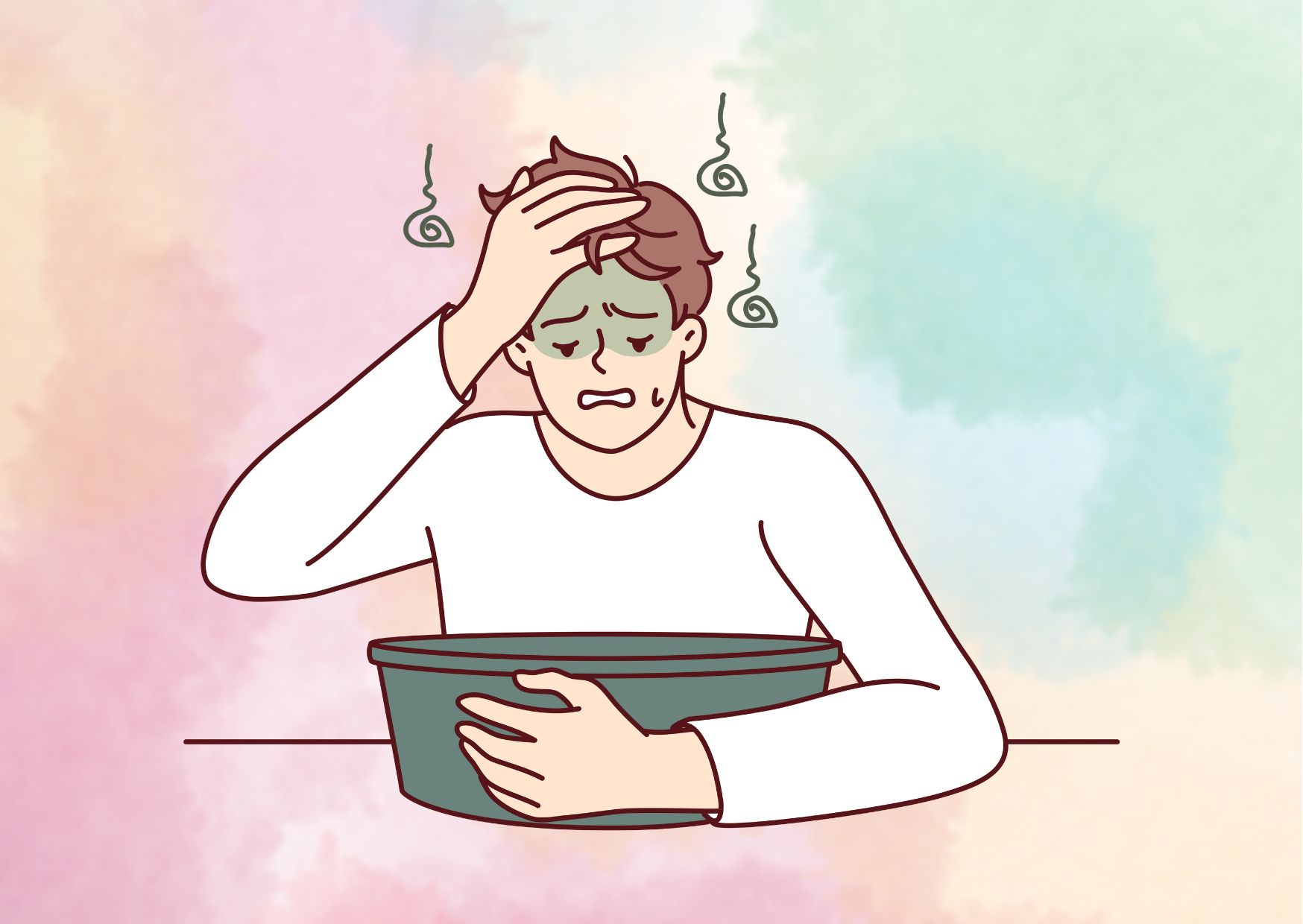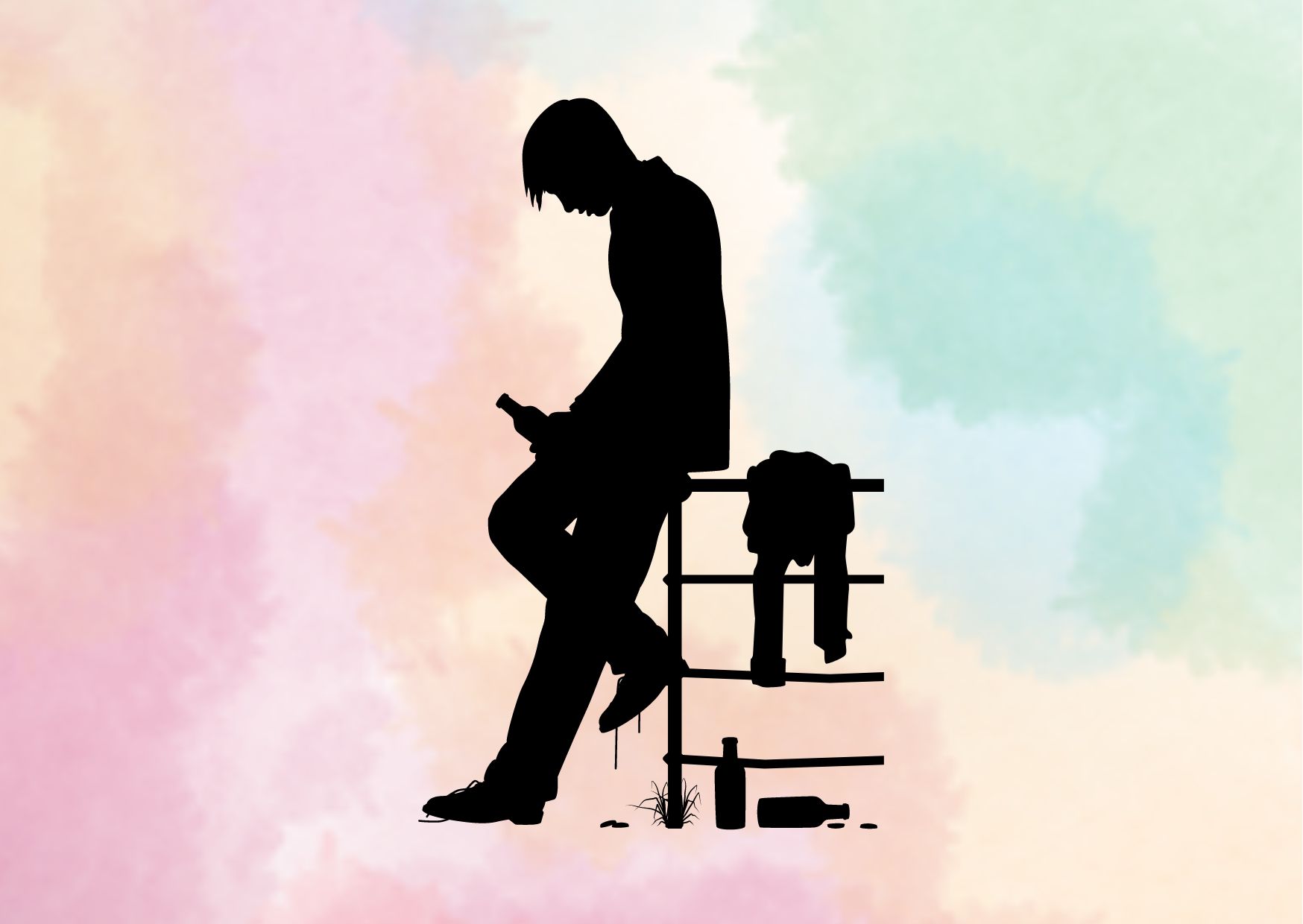Dealing with Hangxiety: Tips and Strategies
Hangxiety, a term that encapsulates the anxiety and unease felt after drinking alcohol, is becoming increasingly recognized in both medical and social contexts. This phenomenon, characterized by symptoms of depression, worry, restlessness, and anxiety following a hangover, highlights the complex relationship between alcohol use disorder and mental health. Understanding what hangxiety is and its implications is crucial as it sheds light on the broader impacts of alcohol abuse, including poor sleep and anxiety after drinking.
As this article unfolds, it will delve into the scientific explanations behind hangxiety, share personal narratives, and explore how alcohol affects our mood, alongside its connection to social anxiety. By offering coping strategies and prevention tips, this discussion aims not only to inform but also to equip individuals with practical approaches to managing hangxiety. Recognizing when to seek help becomes a pivotal step for anyone experiencing hangxiety symptoms, ensuring they receive the support needed to navigate the anxiety day after drinking effectively.
What Is Hangxiety?
Hangxiety, a blend of ‘hangover’ and ‘anxiety,’ refers to the uneasy, anxious feelings that surface after consuming alcohol. Unlike the typical symptoms associated with a hangover, hangxiety zeroes in on the psychological aftermath—feeling worried, restless, or even panicked about actions taken while under the influence. Here’s a closer look at its nuances:
- Prevalence and Impact:
- Who’s Affected: Predominantly seen in women and individuals with a predisposition to anxiety or existing anxiety disorders.
- Symptoms: Manifests as existential dread, paranoia, an inability to focus, and emotional withdrawal.
- Underlying Issues: Frequent episodes may signal deeper mental health concerns, including generalized anxiety disorder or social anxiety.
- Biological Underpinnings:
- Brain Chemistry: Alcohol consumption initially boosts GABA levels in the brain, promoting relaxation. However, as alcohol wears off, the sudden shift to restore chemical balance leads to decreased GABA and increased glutamate, spiking anxiety levels.
- Severity and Duration: Most intense when blood alcohol levels return to zero, symptoms can last up to 24 hours or more, exacerbated by factors like dehydration, sleep deprivation, and changes in gut health due to alcohol.
- Risk Factors and Management:
- Social Anxiety Connection: Individuals with high levels of shyness or social anxiety are at a heightened risk.
- Preventive Measures: Adherence to recommended drinking guidelines and strategies like spacing drinks, hydrating, and avoiding mixing alcohol with other drugs can mitigate risks.
- Post-Event Strategies: If hangxiety strikes, remedies include hydration, rest, mindfulness practices, and avoiding further alcohol consumption to manage symptoms effectively.
Understanding hangxiety is pivotal in recognizing the broader implications of alcohol use on mental health. By dissecting its causes, symptoms, and risk factors, individuals can better navigate their relationship with alcohol, ensuring a healthier balance between social enjoyment and mental well-being.
The Science Behind Hangxiety
Delving into the science behind hangxiety reveals a complex interplay of chemical changes in the brain, primarily involving neurotransmitters and hormones that regulate mood and stress responses. These alterations contribute to the anxiety and restlessness experienced during a hangover.
- Neurotransmitter Imbalance:
- GABA and Glutamate: Alcohol consumption initially increases levels of GABA, a neurotransmitter that promotes relaxation. As the effects of alcohol wear off, GABA levels drop while glutamate, an excitatory neurotransmitter, increases. This imbalance contributes to feelings of anxiety and restlessness as the brain attempts to restore equilibrium.
- Noradrenaline Spike: Another chemical affected by alcohol is noradrenaline, associated with the body’s fight-or-flight response. A rise in noradrenaline can exacerbate anxiety symptoms, adding to the hangxiety experience.
- Psychological and Physiological Factors:
- Memory Uncertainty: Alcohol affects how memories are formed, leading to uncertainty about events that occurred while intoxicated. This uncertainty can fuel feelings of guilt and anxiety.
- Physical Symptoms: Increased heart rate, sweating, nausea, and jitters are physiological responses to hangovers that can heighten anxiety. Dehydration and disrupted sleep patterns further compound these effects.
- Cortisol Levels: Alcohol disrupts normal cortisol levels, a hormone that plays a key role in stress response. Elevated cortisol levels during a hangover can increase feelings of anxiety.
- Individual Differences and Contributing Factors:
- Genetics and Anxiety Levels: The impact of hangxiety varies among individuals, influenced by genetics, baseline anxiety levels, and drinking habits.
- Medications and Nutrient Deficiencies: Certain medications and a lack of essential nutrients can interact with alcohol, increasing the risk of anxiety.
- Pre-existing Mental Health Conditions: Individuals with high levels of shyness, social anxiety, or other mental health conditions may be more susceptible to hangxiety.
Understanding the science behind hangxiety is crucial for recognizing its symptoms and implementing effective coping strategies. By acknowledging the role of neurotransmitter imbalance, psychological concerns, and individual differences, individuals can better navigate their relationship with alcohol and its effects on mental well-being.
Personal Stories of Hangxiety
In the realm of personal anecdotes, Reddit has become a treasure trove of shared experiences, especially when it comes to the peculiar and often misunderstood phenomenon of hangxiety. Users across the platform have candidly discussed their encounters with this condition, shedding light on its unpredictable nature and the various attempts made to mitigate its effects.
- Personal Accounts:
- Many describe hangxiety as a “weird, anxious feeling” that envelops them the day after indulging in alcohol. This sensation is not just limited to a general sense of unease but extends to being “anxious and jittery,” a state that significantly disrupts their day-to-day activities.
- A striking revelation from these discussions is the non-linear relationship between the quantity of alcohol consumed and the intensity of hangxiety experienced. Individuals report that the anxiety felt is not always proportional to the amount of alcohol ingested, suggesting that hangxiety triggers may be more complex than mere alcohol volume.
- Attempted Remedies:
- In pursuit of relief, users have experimented with various strategies before and after drinking. Some of these include:
- Hydration: Drinking more water before going to bed in hopes of offsetting dehydration, which is often linked with hangover symptoms.
- Ibuprofen: Taking anti-inflammatory medication to alleviate headaches and body aches that could exacerbate feelings of anxiety.
- Nutrition: Consuming a substantial meal prior to drinking, aiming to slow down the absorption of alcohol and possibly lessen its immediate and after-effects.
- In pursuit of relief, users have experimented with various strategies before and after drinking. Some of these include:
The collective wisdom gleaned from these personal stories underscores the complexity of hangxiety and the varying degrees of success achieved with different coping mechanisms. While some find solace in preemptive hydration or nourishment, others discover that these methods offer limited relief, pointing to the need for a deeper understanding of hangxiety’s root causes and more effective strategies for management.
Suggestion for read: Alcoholic Face: Decoding the Visual Signs of Alcoholism
How Alcohol Affects Our Mood
Understanding the profound impact of alcohol on mood involves dissecting its effects on the brain’s chemistry and the subsequent emotional outcomes. Here’s a closer look at how alcohol influences our emotional well-being:
Immediate Effects of Alcohol on Mood
- Social Lubrication: Initially, alcohol acts as a social lubricant, diminishing shyness and fostering a sense of relaxation and confidence. This is due to alcohol’s effect on the brain’s inhibition controls, making individuals feel more at ease in social settings.
- Depressant Nature: Despite the temporary boost in mood, alcohol is fundamentally a depressant. It disrupts the balance of neurotransmitters, which are chemicals responsible for transmitting messages in the brain. This disruption affects thoughts, feelings, and behaviors, leading to a temporary state of relaxation followed by potential negative emotions such as anger, depression, or anxiety.
Long-term Emotional Consequences
- Neurotransmitter Depletion: With regular heavy drinking, the brain’s supply of neurotransmitters is used up and reduced. Essential for warding off anxiety and depression, a balanced level of neurotransmitters is crucial for mental health. Over time, alcohol’s interference with these chemicals can lead to heightened feelings of depression and anxiety.
- Depression and Anxiety Risks: For those with pre-existing mental health conditions, alcohol can exacerbate symptoms. Regular consumption decreases anxiety momentarily but significantly increases it the day after drinking. This heightened risk can lead to a vicious cycle of drinking to alleviate anxiety, only to find it worsens, potentially leading to an alcohol use disorder.
Strategies for Mitigating Alcohol’s Emotional Impact
- Mindful Drinking: The most effective way to prevent hangxiety and its emotional toll is to consume alcohol in moderation. Dosage plays a crucial role in enjoying alcohol safely.
- Hydration and Nutrition:
- Stay hydrated by drinking water before, during, and after alcohol consumption. This can help mitigate dehydration’s role in exacerbating hangover symptoms, including anxiety.
- Eating a balanced meal before drinking slows alcohol absorption and helps maintain stable blood sugar levels, potentially reducing next-day anxiety.
- Understanding and Acceptance: Recognizing the transient nature of alcohol-induced relaxation can empower individuals to seek healthier methods for managing mental well-being. Relying on alcohol for emotional regulation can become problematic, emphasizing the importance of developing alternative coping strategies.
By comprehensively understanding how alcohol affects mood, individuals can make informed decisions about their drinking habits, recognizing the delicate balance between temporary relaxation and the potential for longer-term emotional distress.
Hangxiety and Social Anxiety
In the intricate web of factors contributing to hangxiety, social anxiety emerges as a significant player, intricately linked with alcohol consumption and its aftermath. Understanding the relationship between social anxiety and hangxiety requires a closer examination of the contributing factors and their interplay:

